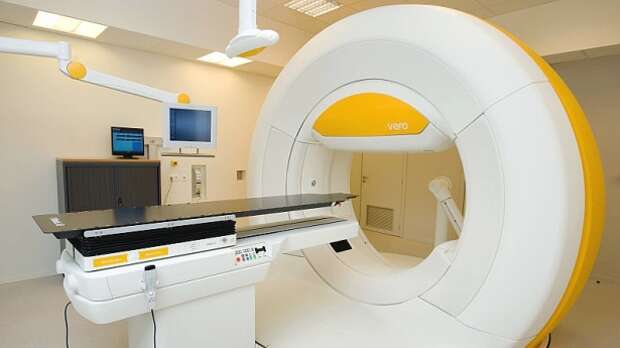THE government says it has enough financial resources to purchase radiotherapy machines to equip critical hospitals across the country, but was being held back by planning processes.
This comes amid concerns that the country had only one functional radiotherapy machine making the chances of survival of patients with cancer very low.
Responding to questions form MPs during a question and answer session in the National Assembly last week, minister of Finance Mthuli Ncube assured Parliament that the country’s health delivery system would soon improve.
“We stand ready, with resources to purchase the equipment, what is going on in the ministry of Health and Child Care is that they are scoping the kind of demand for this equipment, but we stand ready to equip our critical hospitals, for example, if you go to Harare South where we just completed the development of a new medium-sized hospital.
“We are determined to keep equipping our hospitals and to build new hospitals, so the issue really is not one of resources, but just planning and we are working with the ministry of Health to roll-out the acquisition of this cancer equipment,” Ncube said.
When pressed to explain the issue of citizens who have to send their blood samples to South Africa for diagnosis, Ncube said there were enough resources to bridge the gap.
“As the government, we stand ready to support whatever is required in terms of testing for blood services and as I said, we always wait for line ministries to make requests and we have the resources for such services,” Ncube added.
In February during a webinar on the eve of World Cancer Day, it was revealed by senior officials in the health sector that the country was facing a critical shortage of radiotherapy and chemotherapy equipment as the available ones often break down.
“Cancer treatment services in the country are highly unreliable. Sometimes it is also because the cancer patient database system does not work properly. In most of 2020, Zimbabwe did not offer any radiation therapy at all,” Nothando Mutizira, a cancer specialist at Parirenyatwa Group of Hospitals, said.
She added that last year, there was only one working radiotherapy machine in the country, with patients coming from across the country having to queue as early as 2am for treatment.
“Even if they had done so, we still had in excess of 200 patients that we could not put on the machine each day.
“We were short-staffed and had just one nurse. We can’t as a whole country be sustained by one radiotherapy machine”, she said.




